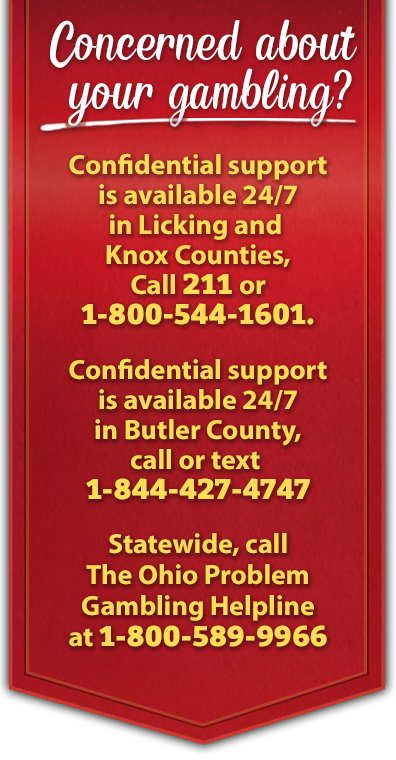KANSAS CITY, Mo. — Frank should be retired by now, enjoying the fruits of his labor on an island somewhere while sipping on an umbrella drink. After all, the Kansas City man saved a tidy sum for his golden years in his IRA and 401(k).
Until he gambled it away.
All of it. A half a million dollars.
Now 75, Frank can’t afford to retire.
Worse, six years into his recovery as a compulsive gambler, and after declaring bankruptcy, he still feels the seductive tug — the urge, he calls it — of high-stakes wagering.
Especially in March.
“I’ve always said … March is the hardest to get through because of the tournament,” said Frank, a member of a local Gamblers Anonymous group who, as such, prefers to go by his first name only.
Keith Whyte, executive director of the National Council on Problem Gambling in Washington, D.C., sees the struggle every year at the peak of college basketball season. That’s a big reason March is National Problem Gambling Awareness Month.
“For a recovering sports gambler, March Madness provides madness in a very real sense of the word,” Whyte said. “The incessant talk of brackets and relentless media coverage can be an irresistible trigger. For the problem gambler, the psychology is they are only one bet away from winning everything back.”
This year, bettors will drop an estimated $120 million on March Madness games in Las Vegas alone, topping the record $98.5 million wagered earlier this year on the Super Bowl, said Jimmy Vaccaro, oddsmaker and spokesman for William Hill U.S., which controls more than 100 sports books in Nevada. But for many problem gamblers, betting is not primarily about the money.
“March Madness’ biggest attraction is the multiplicity of chances you have to compete against so many different people,” Frank said. “That feeling of being in the action is one of the things that really gets the adrenaline flowing.”




